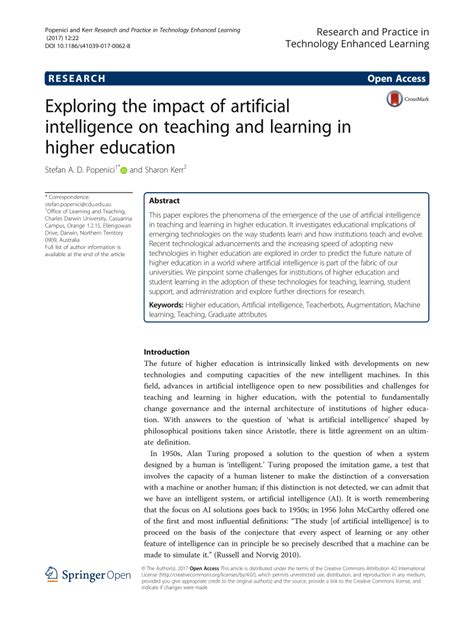Invisible costs: how the marketing volatility affects the trading psychology of cryptocurrencies
The cryptocurrency markets have experienced unprecedented growth and volatility in recent years, the prices fluctuating wildly between days. The rapid pace of price movements has created an environment that can be both exciting and terrifying for merchants. But beyond excitement at the surface, there is another important factor in play: market volatility.
Market volatility is a phenomenon where prices have suffered in a sudden and radically in response to small changes in supply and demand. In the cryptocurrency markets, this means that even minor losses or any non-fruit can send prices in fall, letting investors connect. While some traders could find excitement of exciting volatile markets, others are more cautious, as this can lead to impulsive decisions based on an emotional rational analysis.
The impact of market volatility on commercial psychology
Market volatility has a deep impact on commercial psychology, in particular for retail and individual investors. Here are some key effects:
- Fear and uncertainty : The unpredictability of the markets of cryptocurrencies can create anxiety among traders, because they can feel uncertain about the price direction or the potential disadvantages of market fluctuations.
- Impulsive decisions : Volatility of the market can lead to impulsive purchase and sale decisions based on emotions rather than analysis. This is particularly problematic for investors who count on emotional decision -making in their trading strategies.
- Aversion of losses : The fear of losses, combined with the desire for rapid benefits, can lead certain traders to make imprudent pressure decisions. This is known as losses aversion, where individuals tend to avoid losses and seek gains at all costs.
- Excessive confidence : The overlying or the manufacture of too aggressive bets in response to market volatility can cause significant losses. This is a classic case of excessive trust, where investors overestimate their capacities or underestimate the risks associated with trading.
- Loss of confidence : The uncertainty and unpredictability of market volatility can erode the confidence of an investor in their ability to negotiate effectively. When traders doubt their skills or strategies, it is more difficult to maintain a positive trading state of trading.
The psychological challenges of market volatility

Market volatility also presents psychological challenges for merchants, in particular:
- Overload information : The pure volume of data and market news can be overwhelming, which makes it difficult for merchants to stay focused and make informed decisions.
- Stress and anxiety : Fear of losses or the uncertainty of price movements can lead to an increase in levels of stress and anxiety, which can have a negative impact on trading performance.
- Doubt-Doute : market volatility can create self-doubts among traders who find it difficult to separate emotions from their decision-making processes.
Athoring the effects of market volatility on commercial psychology
Although market volatility is an inherent aspect of the cryptocurrency markets, there are measures that traders can take to alleviate its effects on commercial psychology:
- Develop a solid trading plan
: a well thought out commercial plan helps reduce anxiety and uncertainty by providing a clear understanding of risk management and strategy.
- Practice Emotional control : Developing emotional control by meditation, journalization or other mindfulness techniques can help traders manage their emotions and stay concentrated under pressure.
- Set Realistic expectations : Defining realistic expectations for market performance and avoiding the upgrade according to market volatility can be reduced the probability of impulsive decisions.
4


